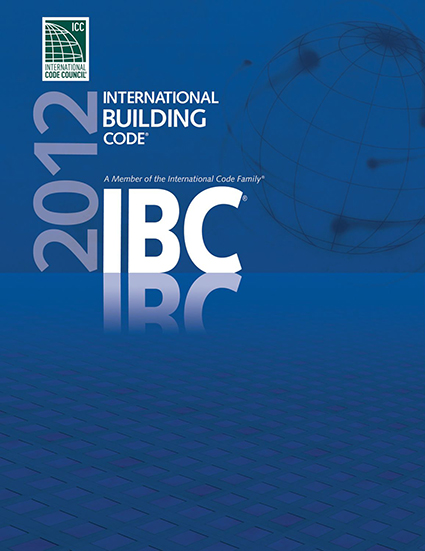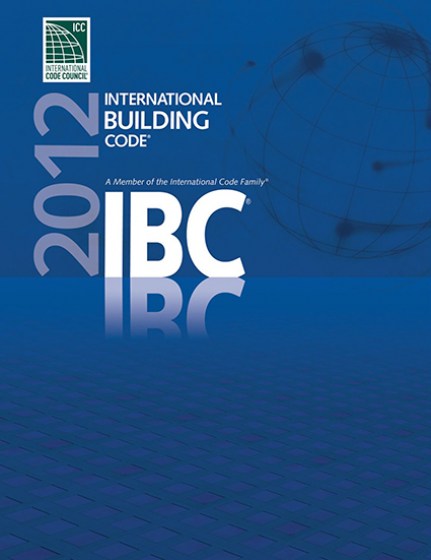Product details
Featuring time-tested safety concepts and the very latest industry standards in material design, the 2012 INTERNATIONAL BUILDING CODE offers up-to-date, comprehensive insight into the regulations surrounding the design and installation of building systems. It provides valuable structural, fire-, and life- safety provisions that cover means of egress, interior finish requirements, roofs, seismic engineering, innovative construction technology, and occupancy classifications for all types of buildings except those which are detached one and two family homes and townhouses not more than 3 stories high. The content in this code book is developed in the context of the broad-based principles that facilitate the use of new materials and building designs, making this an essential reference guide for anyone seeking a strong working knowledge of building systems.
- Nonstructural
- All definitions are included in Chapter 2.
- Classifications for a variety of health-care related facilities have been clarified.
- Covered- and open-mall provisions revised to fully address the construction of open malls.
- Occupancies not specifically scoped under the unlimited area building provisions are now permitted where in compliance as accessory occupancies.
- Clarified provisions for incidental-use rooms and spaces.
- Modified provisions addressing exterior wall projections.
- Reformatted requirements for protection of vertical openings through floors.
- Automatic sprinkler systems required where furniture and mattresses are manufactured or stored.
- Increased capacity for stairways and other egress components in buildings with sprinklers and an emergency communication system.
- Clarification of when unenclosed stairways can be used as a part of the means of egress system, including how travel distance is measured.
- In three- and four-exit buildings, some exits are now permitted to serve a portion of a story rather than an entire story.
- Means of egress provisions unique to special occupancies are now in Chapter 4.
- Wind design requirements extensively revised.
- Wind load maps are now based on ultimate design wind speeds.
- New terminology for wind speeds.
- Updated seismic ground motion maps.
- The term “occupancy category” changed to “risk category.”
- Special inspection requirements for structural steel and masonry construction are now based on referenced standards.
- Penetration firestop and fire-resistant joint systems in high-rise buildings and in Risk Category III or IV structures require special inspection.
- Modifications to the seismic provisions of ACI 318 Appendix D.


